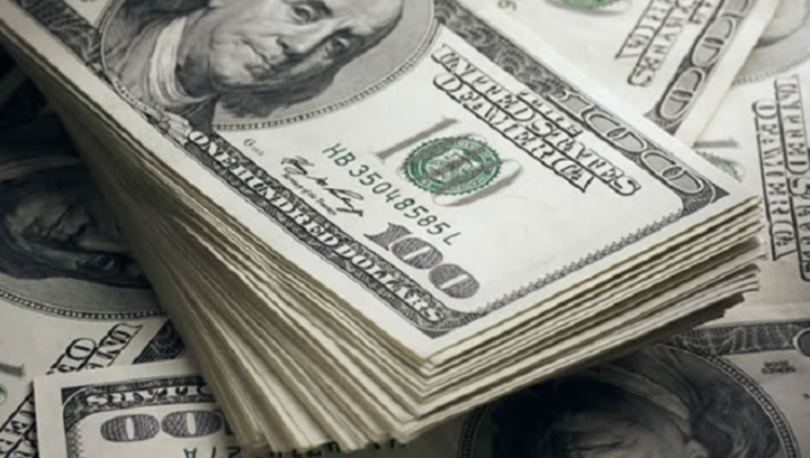Global Forex Reserves hit $12.3 trillion at the end of 2023 representing a 3.5% year-on-year increase from the $11.92 trillion recorded a year earlier.
This is according to the latest data from the IMF’s Currency Composition of Official Foreign Exchange Reserves (COFER).
Nigeria’s forex reserves at the end of 2023 were $36 billion representing just 0.26% of the global FX reserves a decline from about 0.36% in 2022.
Nigeria has struggled to increase in forex reserves and noticeably recorded a decline to about $32 billion in April this year.
Forex reserves in Nigeria were $36 billion at the end of 2022, however, a combination of a decline in forex inflow and an increase in forex outflows resulted in a decline to $32.3 billion at the end of 2023.
Nigeria’s portion of the global FX reserves also declined on a quarter-on-quarter basis, with the country’s share standing at 0.28% as of the end of Q3 2023. Nigeria ended Q3 2023 with a FX reserve of $33.32 billion.
On a QoQ basis, there was also a 4.2% increase in the global FX reserve from Q3 2023, which recorded a total global FX reserve of $11.85 billion.
In terms of currency shares, the U.S. dollar share of global FX as of Q4 2023 was $6.687 trillion, representing 54.22%, like Q4 2022, where the USD’s share was $6.46 trillion, or 54.21%.
Composition of Nigeria’s FX reserves
Controversy continues to trail what constitutes a significant portion of Nigeria’s FX reserves. However, previous reports have also tied parts of the FX reserves to Chinese Renminbi and gold reserves.
Another report by the Economist Intelligence Unit in August 2023, claimed that 40% of Nigeria’s FX reserves is “encumbered”. According to the report, CBN had used the FX reserves as collateral on a $7.5 billion loan from a foreign bank.
The rise in the usage of other currencies as FX reserve currencies comes as quite a surprise, with the US Dollar hitting a level of strength not witnessed in the past decade.
In addition, moves by global blocs such as the BRICS to decouple from the dollar suggest a shift towards a world that relies on the dollar as the global reserve currency.
According to IMF analysts, while private investors are onboarding more USD-denominated assets, central banks around the world are slowly shifting away, and they highlighted certain factors responsible for the shift.
It was noted that these nontraditional reserve currencies are appealing to those who manage reserves because they help diversify investments and offer good returns.
According to the analysts, they have also become easier to trade and manage due to new digital financial technologies like automatic systems for buying and selling and managing liquidity.
The analysts also noted there was no data to back up the idea that US financial sanctions have accelerated movement away from the greenback. They noted that countries that want to reduce their reliance on the dollar for political reasons do not share details about their reserve holdings with COFER, and they make up a small part of the global reserves.
They highlighted some potential reasons as China’s Renminbi internationalization policy, Russia’s geopolitical tensions, which have caused the country to skip usage of the USD as a reserve currency, and Switzerland’s accumulation of Euros in its reserves over the years.
According to a 2023 research paper by IMF analysts, Serkan Arslanalp, Barry Eichengreen, and Chima Simpson-Bell, financial sanctions imposed in the past have led central banks to slightly change the mix of currencies they hold in their reserves.
It was noted that they tend to reduce holdings of currencies that could be frozen due to sanctions and increase holdings of gold.







